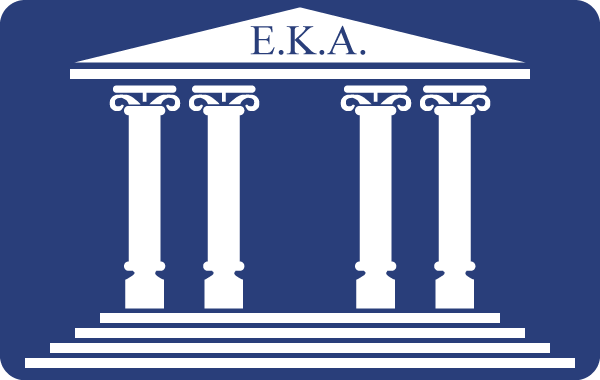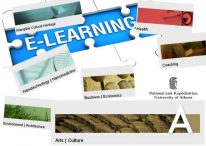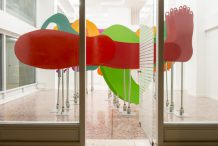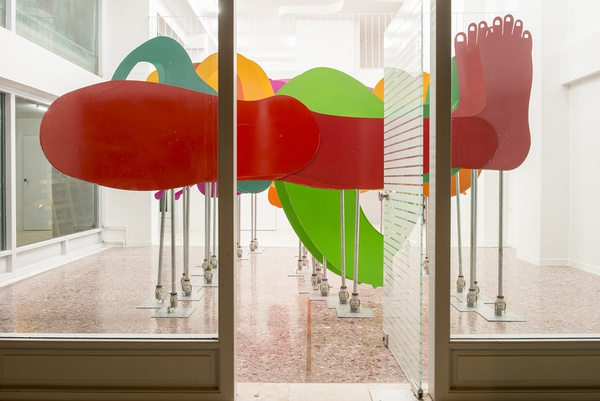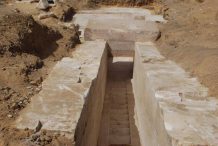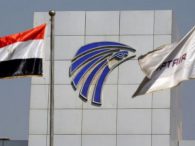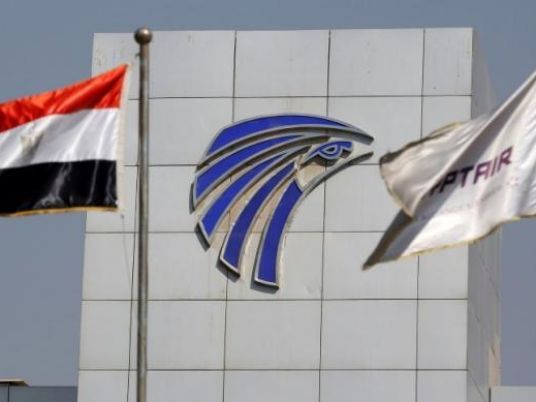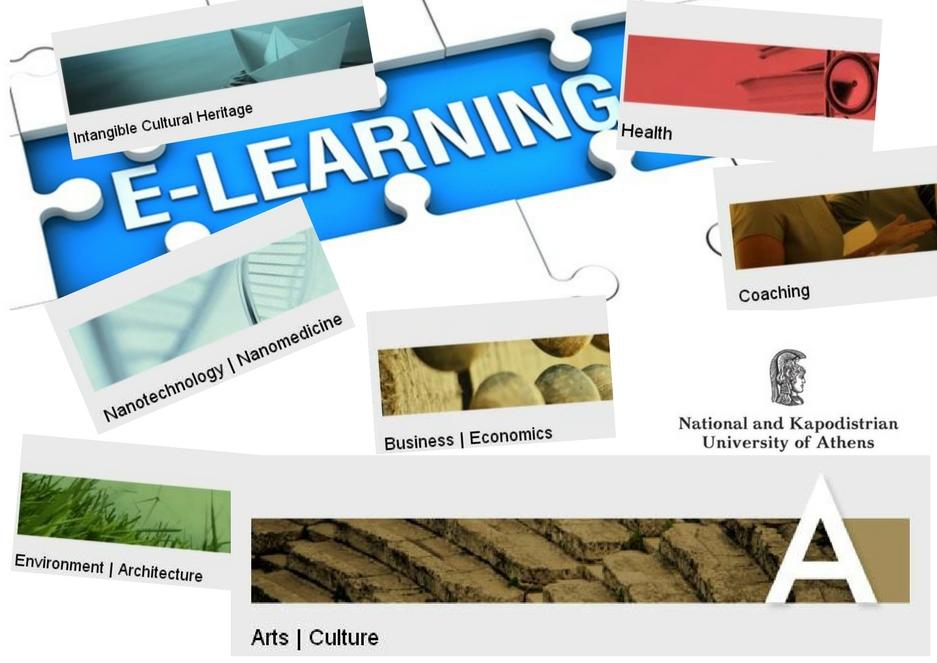 Offered by the National and Kapodistrian University of Athens (UoA) Centre of Continuing Education & Training and taught in English, distance learning programmes and courses provide the opportunity to combine novel learning and teaching techniques with the ability to study anytime and anywhere.
Offered by the National and Kapodistrian University of Athens (UoA) Centre of Continuing Education & Training and taught in English, distance learning programmes and courses provide the opportunity to combine novel learning and teaching techniques with the ability to study anytime and anywhere.
As part of the arts/culture category of the UoA’s e-learning programmes, “The arts of ancient Greece: the birth of classical taste” offers a journey through the fascinating developments in Greek art in the period between 1200 to 30 BCE. Introducing participants to an extraordinary cultural phenomenon, the course caters to the beginner in the study of the classical world, the non-specialist as well as to the art enthusiast.
University of Athens’ e-learning programmes
Drawing on the expertise of senior faculty members and renowned European academics, UoA offers e-learning programmes in a wide array of fields, ranging from art and health to business and nanotechnology, through a friendly online educational platform.
Culture and Arts Online Programmes provide a deeper understanding of the aspects defining the daily life of Ancient Greeks, taking a close look at fields related to philosophy, theatre and rituals that established the uniqueness of Greek civilization. These online courses offer the opportunity to increase one’s knowledge of a culture attracting global interest for centuries and standing as the originator of most arts as we know them.
It is worth mentioning that over the past fifteen years more than 45,000 people have joined the continuous professional development (CPD) and lifelong learning (LLL) courses of UoA’s e-Learning Programmes.
